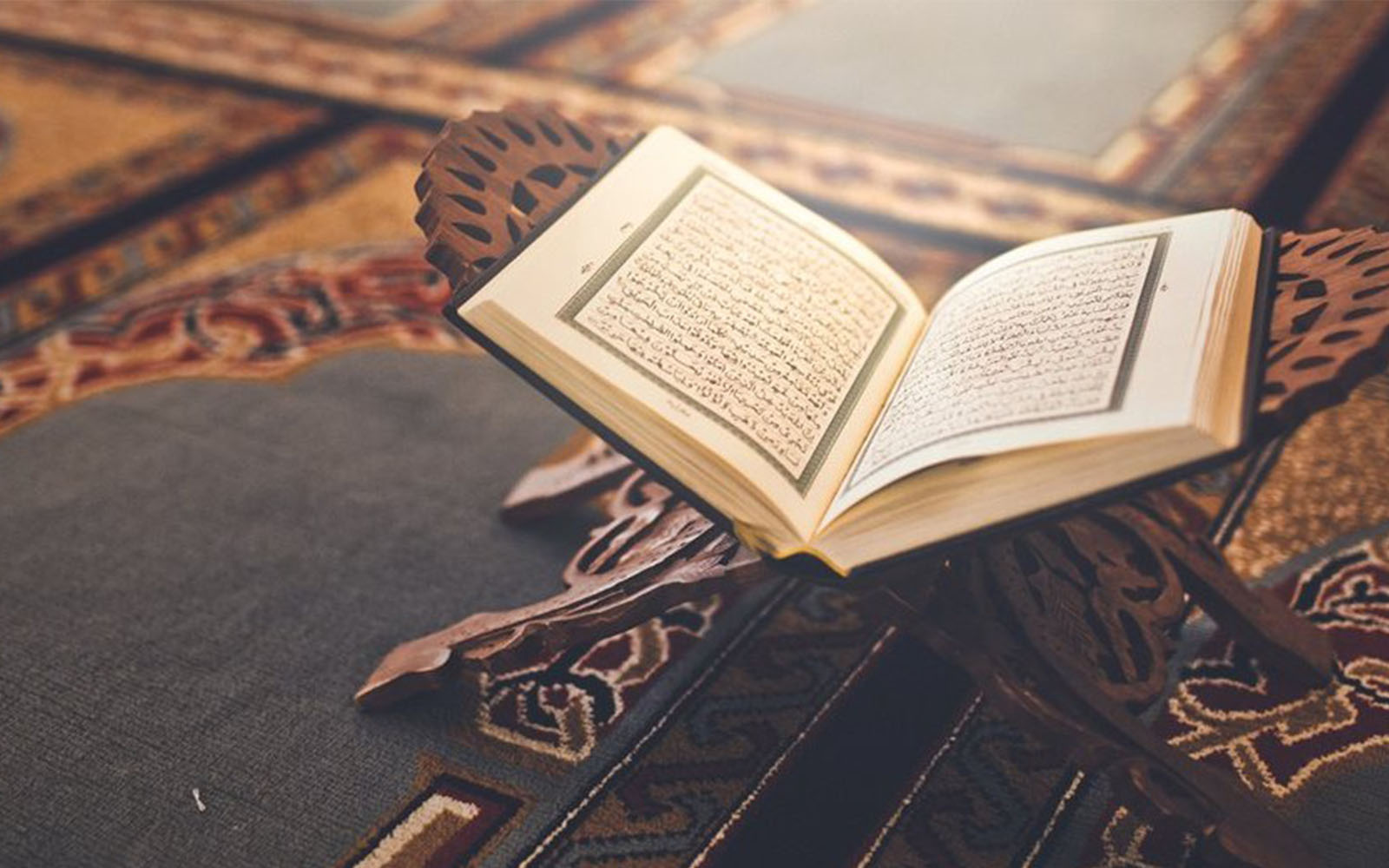A Few Virtues of Tawakkul Extrapolated from Imām Ghazālī’s Iḥyāʾ ʿUlūm al-Dīn

by Hasan Abid (3rd Year ʿĀlim Student, DarusSalam Seminary)
The ṣaḥābah (raḍiya Allahu anhum) possessed many virtuous qualities. They would compete with each other when it came to performing good deeds. Regardless of their financial standing, they would give whatever they had. They were brave and possessed kind hearts. Most importantly, they had unshakeable faith and complete tawakkul in Allāh. When they were forced to flee their homeland or faced armies three times their size, they stood firm and placed their trust with Allāh. The benefits found in having tawakkul are innumerable. Imām Ghazālī highlighted them in his book Iḥyāʾ ʿUlūm al-Dīn. I will share a few points that he mentioned here.
There are several verses in the Qurʾān that highlight the importance of tawakkul and the benefits derived from it. In Sūrat Āl ʿImrān, Allāh says: “Indeed, Allāh loves those who have tawakkul.” And whoever Allāh loves, he has achieved eternal success. And in Sūrat al-Zumur, He says: “Is Allāh not sufficient for His slave?” If one places his trust in Allāh, He will take care of all one’s affairs.
It comes in a narration that on the day of resurrection seventy thousand people will enter Paradise without reckoning. These people will consist of the mutawakkilīn.[1] This is an immense blessings that Allāh bestows upon us. Having tawakkul will not only help us in the Hereafter; indeed, we will see the fruits of it in this world as well. ʿUmar (raḍiya Allahu anhu) said, “If you were to put your trust in Allāh as you should, you would be given provision like the birds: they go out hungry in the morning and come back with full bellies in the evening.”[2] Through tawakkul Allāh takes care of our needs in this world and the hereafter.
A believer must have complete trust in Allāh regardless of whether it is a religious or worldly matter. The virtues of tawakkul are many; through it one finds success in this life as well as the next.
[1] Ṣaḥīḥ Muslim #433.
[2] Musnad Aḥmad #122.


